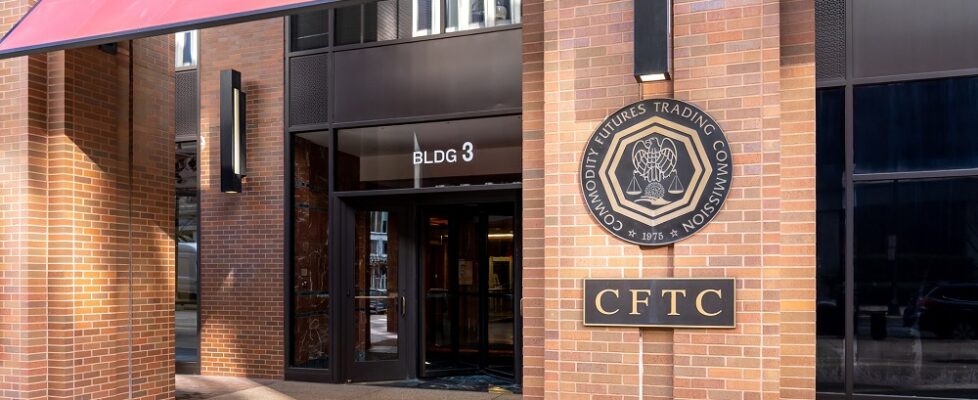CFTC given month to seek default judgment against FX fraudster Casper Mikkelsen
The United States Commodity Futures Trading Commission (CFTC) has been given one month to file a proposed default judgment in its case against Forex fraudster Casper Mikkelsen.
On December 21, 2020, Judge John P. Cronan of the New York Southern District Court signed an order directing the CFTC to move for a default judgment against Mikkelsen no later than January 21, 2021.
Let’s recall that the regulator has already secured a clerk’s entry of default against the defendant in this case. Now, the regulator will be pushing for a default judgment, which typically specifies the penalties against a defendant who fails to respond to a complaint.
In May 2020, the CFTC announced the filing of an enforcement action in the New York Southern District Court, charging Mikkelsen with engaging in an FX fraud scheme and registration violations.
The CFTC complaint alleges that from at least 2015 to the present, Mikkelsen engaged in a fraudulent scheme that solicited funds from at least 101 individuals and entities to invest with a supposed company called GNTFX to trade retail leveraged or margined Forex. Mikkelsen misappropriated at least some clients’ funds.
As alleged, most clients deposited their funds into bank accounts in the U.S., while others deposited their funds into an overseas account and/or with an American e-commerce company for the purpose of trading forex. Client funds were withdrawn from the U.S. bank accounts by Mikkelsen through his debit card, as well as transferred from the U.S. bank accounts to an overseas bank, and from there to a Bitcoin address for Mikkelsen’s benefit. Mikkelsen then used the money to pay certain clients purported forex trading profits as is typical in a Ponzi scheme.
The complaint also alleges that Mikkelsen was required to register as a commodity trading advisor but failed to do so.
In this action, the CFTC seeks full restitution to defrauded clients, disgorgement of ill-gotten gains, civil monetary penalties, permanent registration and trading bans, and a permanent injunction against violations of the federal commodities laws. The size of the proposed fines and restitution is set to be specified in the proposed default judgment.




